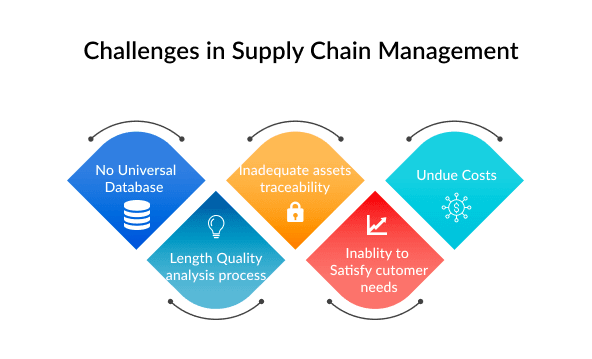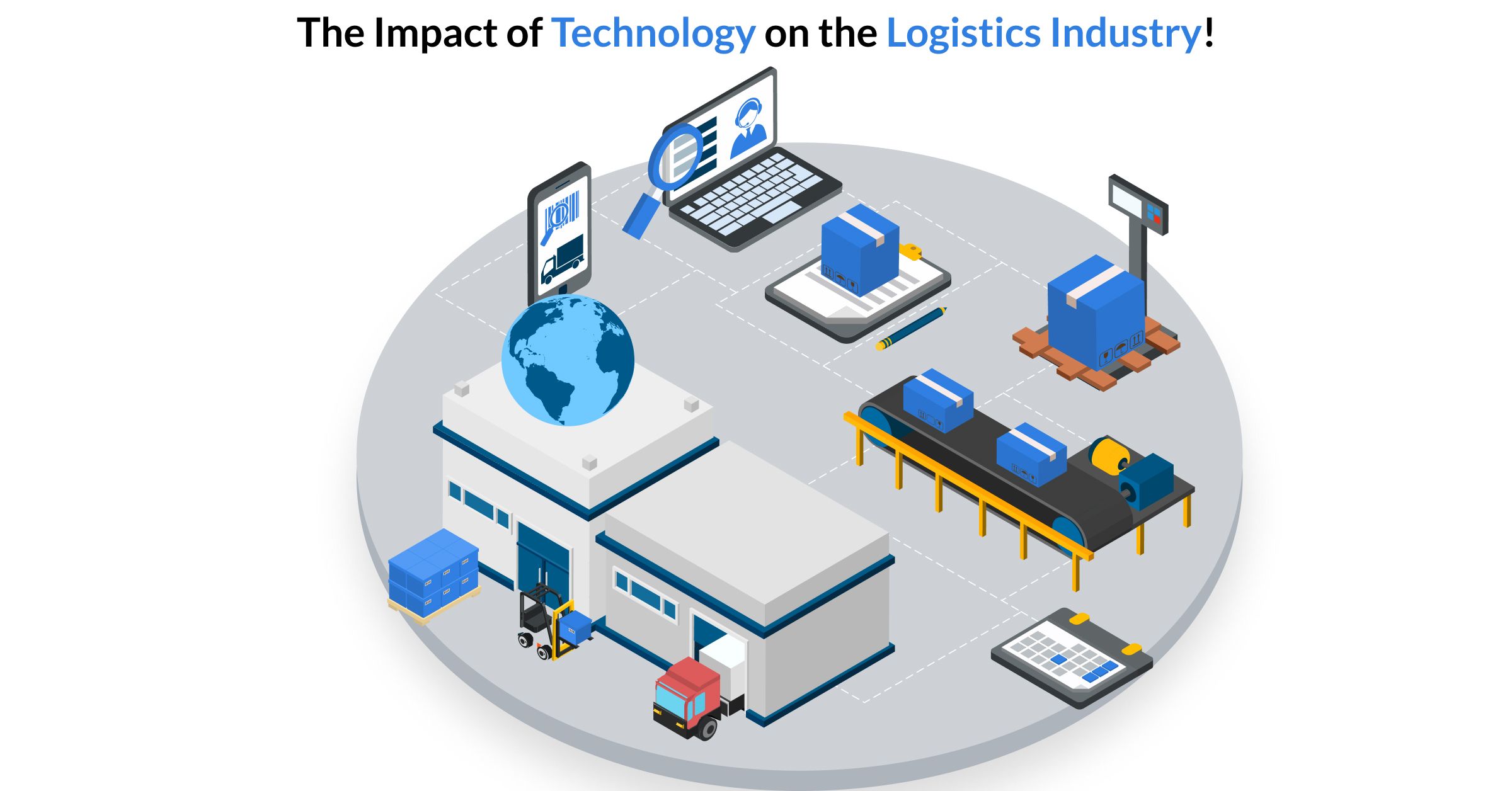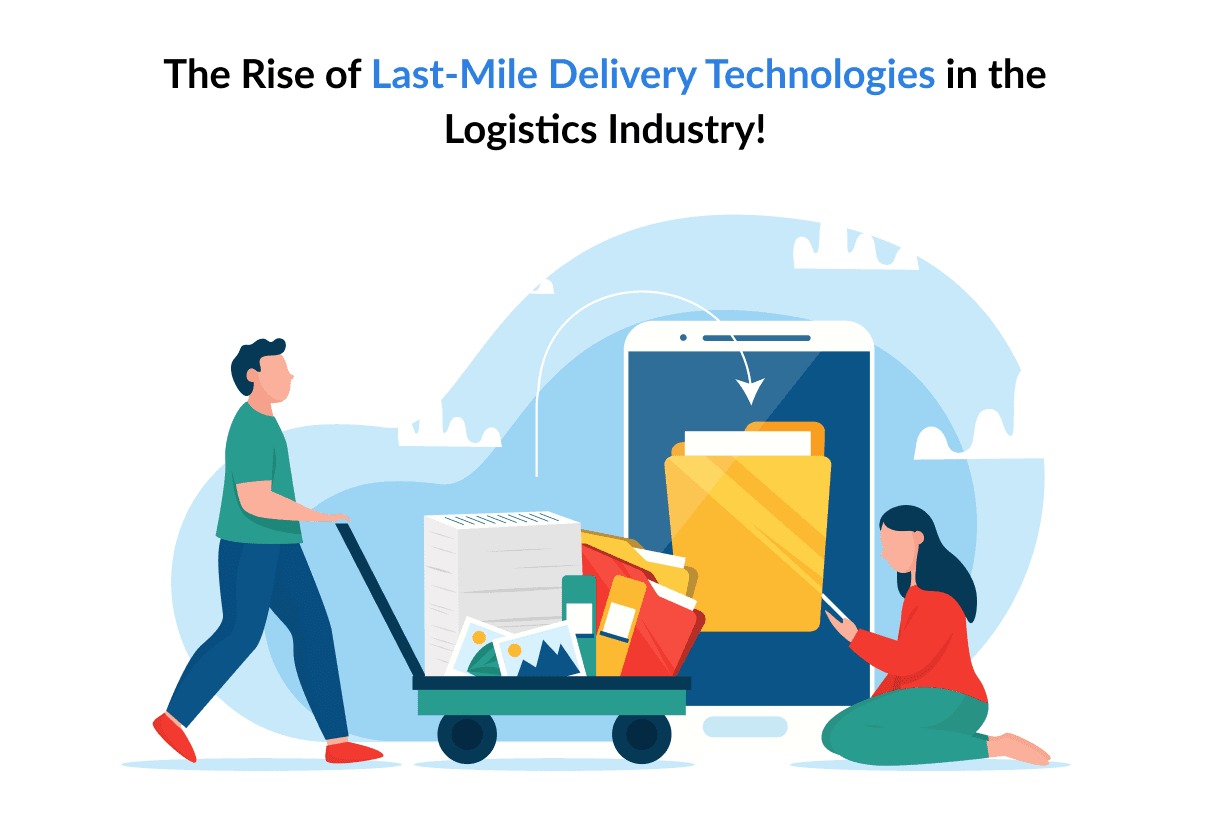Introduction
Blockchain technology has the potential to revolutionize supply chain management by providing transparency, traceability, and security throughout the entire process. Blockchain in the supply chain poses to be a solution that might bring improvements in the problematic state of the current supply chain ecosystem.
Blockchain technology has the potential to revolutionize supply chain management by providing transparency, traceability, and security throughout the entire process. Blockchain in the supply chain poses to be a solution that might bring improvements in the problematic state of the current supply chain ecosystem.
Blockchain in Supply Chain
A blockchain supply chain is a cutting-edge response to many different issues. A typical supply chain involves a number of procedures, such as purchasing raw materials, manufacturing, finance, and so forth. One or more transactions may involve these processes.
These one or more transactions are recorded on various blocks in a blockchain supply chain. The information is subsequently widely available and transparently distributed over a network of computer systems in the blockchain as a result of these recordings.
Each stakeholder becomes an active participant in all supply chain interactions since every transaction is recorded on the blockchain and reflected in real-time.
Benefits of Using Blockchain in Supply Chain
1. Increased transparency
One of the main benefits of using blockchain in supply chain management is increased transparency. With blockchain, all parties involved in a transaction have access to the same information and can view the entire history of a product as it moves through the supply chain. This allows for greater accountability and reduces the risk of fraud or errors.
2. Increased traceability
Another benefit of blockchain in supply chain management is traceability. Each transaction on the blockchain is recorded and cannot be altered, making it easy to track a product from the point of origin to the final destination. This is particularly useful in industries such as food and pharmaceuticals, where traceability is critical for ensuring product safety and quality.
3. Enhanced security and reduced fraud
Blockchain technology provides a high level of security. Transactions on the blockchain are secured by cryptography and are resistant to tampering. This ensures that only authorized parties can access and update information, reducing the risk of data breaches or unauthorized access.
4. Stable client relationships
Consumers can learn everything there is to know about the product they are using thanks to blockchain technology. By making the order tracking process transparent, blockchain for order management significantly improves the client experience. Customers can also verify the authenticity of their purchases. This involves fostering trust between consumers and the corresponding brands.
Challenges in implementing Blockchain in the supply chain

1. Need for Standardization
One challenge is the need for standardization. For blockchain to be effective in supply chain management, all parties involved must be using the same technology and standards. This can be difficult to achieve, particularly in industries with a large number of participants.
2. Scalability
Another challenge is scalability. As more transactions are added to the blockchain, it becomes increasingly difficult to process them in a timely manner. This can lead to delays and inefficiencies in the supply chain.
3. Integration with existing systems
Integrating blockchain technology with existing systems and processes can be a complex and time-consuming task. This may require significant investment in new infrastructure and resources.
4. Data privacy and security
Blockchain technology is highly secure, but it also requires sensitive information to be shared among multiple parties. This can raise concerns about data privacy and security, particularly in industries that handle sensitive information such as personal data or financial information.
5. Regulation and compliance
Blockchain technology is still relatively new, and regulations around its use are still evolving. This can make it difficult for companies to ensure compliance with current laws and regulations.
Top Blockchain Supply Chain Use Cases
Despite these challenges, the potential benefits of blockchain in supply chain management make it worth exploring. Companies in a wide range of industries, from retail to manufacturing, are currently experimenting with blockchain technology to improve their supply chain processes.
-
Walmart is using blockchain to track the movement of goods through its supply chain, from farm to store. By doing so, they can quickly identify and isolate any contaminated products, reducing the risk of foodborne illnesses.
-
Another example is IBM Food Trust, a blockchain-based platform that allows food suppliers, retailers, and other stakeholders to share information about food products. This allows for greater traceability and transparency in the food supply chain and helps to ensure food safety and quality.
In conclusion, blockchain technology has the potential to revolutionize supply chain management by providing transparency, traceability, and security throughout the entire process. However, there are challenges to implementing blockchain in supply chain management, including the need for standardization and scalability. Despite these challenges, companies in a wide range of industries are experimenting with blockchain technology to improve their supply chain processes and reap the benefits that it can bring.
Publication Date
2023-01-19
Category
Logistics
Author Name
Sajal Nehra


